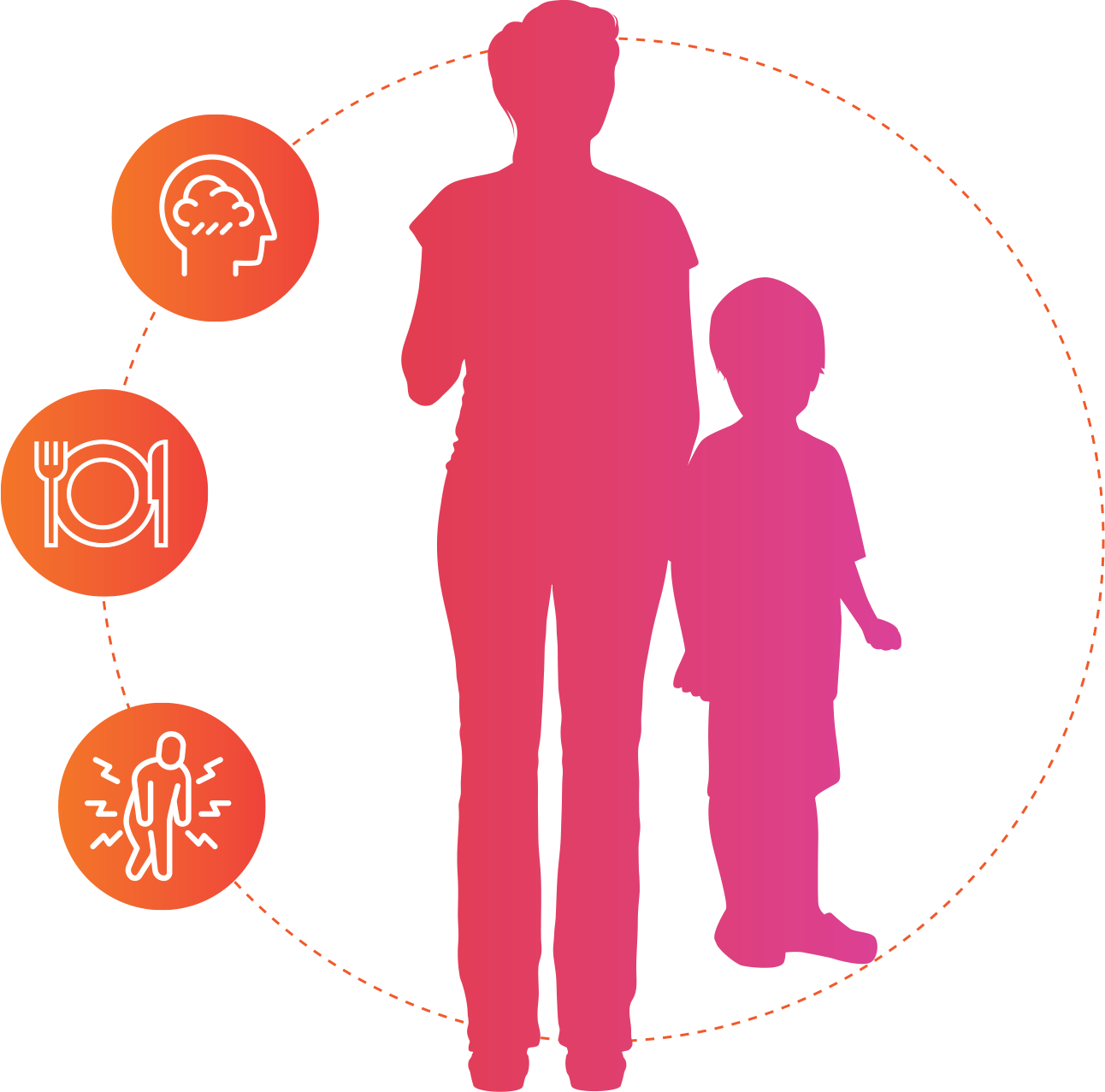
How is LC-FAOD impacting your (or your child's) life?
CPT I • CACT • CPT II • VLCAD • TFP • LCHAD
TAKE THIS QUICK 5-QUESTION QUIZ TO FIND OUT.
This quiz will help you monitor LC-FAOD symptoms and identify topics to discuss with your LC-FAOD healthcare team. Complete it before each visit to see how your answers may change over time.
This quiz is provided as a tool to help you prepare for healthcare visits. Once completed you have the option to download your results. Your responses are not stored or used for any purpose.
If you prefer to fill out the quiz on paper, download it here.
Contact your healthcare team if any symptoms are concerning to you.

Question 1
Did you know?
Chronic symptoms of LC-FAOD develop over time and may worsen over months to years. They can be brought on or made worse by fasting or illness, sustained exercise, and physiologic stress.
Acute symptoms of LC-FAOD develop suddenly. They usually appear during an illness or if you have skipped a meal, but they may also occur spontaneously or unpredictably.
Question 2
Did you know?
In LC-FAOD, when the body can’t supply enough energy to meet its needs, people may develop chronic symptoms or experience acute episodes following moderate exercise. Some people start to avoid exercise in order to avoid triggering LC-FAOD symptoms.
Question 3
Did you know?
LC-FAOD can cause a wide variety of symptoms that usually affect organs that use fat as a major energy source, such as the liver, heart, muscles, and eyes. People with LC-FAOD may not experience symptoms in all of these organs, and they may experience different symptoms at different times.
Question 4
Did you know?
Keeping your healthcare team informed about new or worsening symptoms and how LC-FAOD is impacting your (or your child's) daily life can help you navigate LC-FAOD together.



